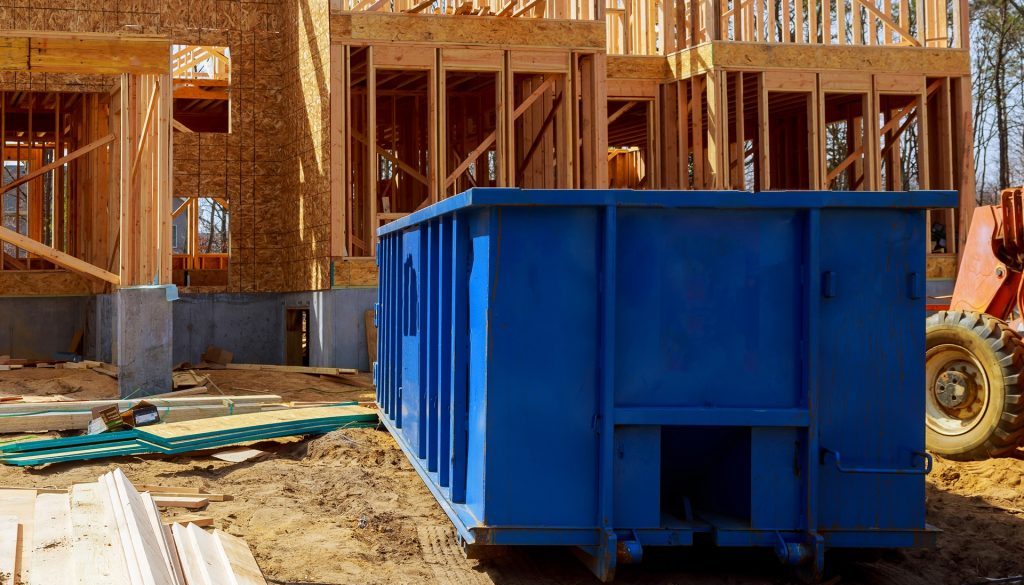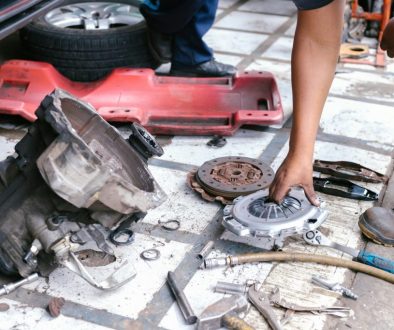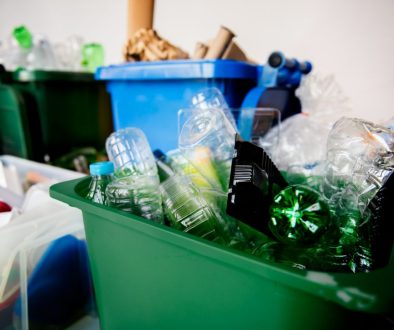The construction industry generates a massive amount of waste through activities such as demolition, renovation, and new building projects. Failing to properly manage this waste can result in increased costs, environmental damage, and potential regulatory breaches.
In this comprehensive guide, we will explore the impact of construction waste on the environment, underscoring the importance of effective waste disposal and recycling practices in contributing to a more sustainable construction industry.
Essential topics covered will include regulatory requirements for construction waste management, the process of selecting the right skips for various waste types, the benefits of recycling and reusing construction materials, and dealing with hazardous waste safely and responsibly.
By adopting greener practices and procuring the assistance of professional waste management services, construction professionals can contribute to a more sustainable future while enjoying the financial and regulatory advantages of eco-conscious operations.
Regulatory Requirements for Construction Waste Management
Construction waste management is not only an eco-friendly practice, but it is also a legal requirement. Various regulations govern the disposal of waste on construction sites to prevent environmental damage and ensure safe working conditions:
- Duty of Care: Construction site operators are legally obliged to maintain and demonstrate proper waste management practices, ensuring that waste is handled, stored, and disposed of responsibly.
- Hazardous Waste Regulations: The construction industry must comply with these regulations, accurately identifying and managing hazardous waste materials to safeguard the environment and human health.
- Waste Reduction Targets: In line with global sustainability goals, the construction industry is expected to meet specific waste reduction targets through recycling, reuse, and responsible disposal initiatives.
Selecting the Right Skips for Construction Waste Management
Choosing the appropriate skip size and type is crucial for efficient rubbish handling on a construction site. The right skip service can significantly impact the cost and environmental benefit of the project. When selecting skips, consider:
- Estimating Waste Volume: Evaluate the rubbish generated from your construction project, considering factors like project scale, duration, and materials used, to determine the appropriate skip size.
- Identifying Waste Types: Different construction waste materials may require distinct solutions, such as separate containers for inert materials, mixed waste, and hazardous substances.
- Site Accessibility and Placement: Ensure that your construction site has adequate space for skip placement, facilitating easy loading, collection, and replacement while adhering to safety regulations.
Recycling and Reusing Construction Materials: A Sustainable Solution
Embracing recycling and reuse practices can significantly reduce the environmental impact of construction waste. By repurposing materials, you can contribute to waste reduction and benefit from cost savings:
- On-site Recycling: Many construction materials, such as concrete, brick, and metal, can be crushed or processed on-site to create valuable aggregates for further construction work.
- Reusing Materials: Salvaged items, such as structural timber, doors, windows, and flooring, can be refurbished and reused, minimising waste and conserving resources.
- Collaborating with Recycling-Focused Skip Providers: Partner with a skip hire service committed to recycling construction waste, ensuring that valuable resources are recovered and returned to the construction supply chain.
Managing Hazardous Waste on Construction Sites
Proper handling and disposal of hazardous waste are essential for maintaining a safe and responsible construction project:
- Identifying Hazardous Waste: Recognise hazardous materials on your construction site, such as asbestos, lead-based paint, solvents, and contaminated soil, to ensure proper handling and disposal.
- Storing and Separating Waste: Secure hazardous materials in designated areas or containers, segregated from other waste types to minimise the risk of cross-contamination and mishandling.
- Employing Licensed Hazardous Waste Disposal Services: Engage a waste management company with the necessary accreditation and expertise to handle hazardous waste, ensuring compliance with all relevant regulations.
Conclusion
Proper construction waste management is a vital aspect of running an eco-friendly and cost-effective project. By understanding the regulatory requirements surrounding waste disposal, choosing the right skips for your needs, and embracing recycling and reuse practices, construction professionals can significantly reduce their environmental impact while reaping financial benefits. Moreover, managing hazardous waste responsibly is crucial in maintaining a safe working environment and conforming to legal obligations.
If you require support and guidance in managing construction waste, our team of skilled professionals is here to help. Contact Enviro Skip Hire today to discover how our tailored skip hire in Knutsford can benefit your project, and join the growing movement towards a sustainable and environmentally responsible construction industry.




